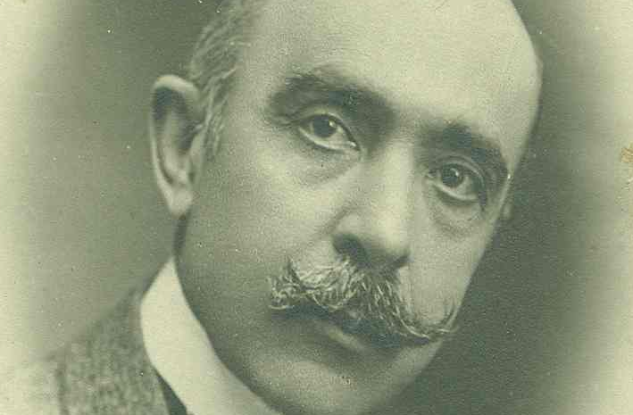
The Viceroys
Federico De Roberto
Archibald Colquhoun, Translator
(Verso)

Originally written in 1894 and first published in English in 1962 I Vicerè is considered a classic of Verismo, the Italian version of Naturalism. The novel chronicles, in sometimes excruciating detail, the dismantling of a dynastic family in Sicily at the end of the Bourbon monarchy and the beginning of Italian unification, in the 1860s. The Uzedas of Francalanza are established in Catania as viceroys, or royal representatives of the Spanish monarchy, in the Kingdom of the Two Sicilies. The novel begins in 1855, when Italian unification threatened these noble dynasties, and the Uzedas face an uncertain future.The Viceroys spares no detail in exposing the rotten, greedy core of Sicilian feudalism, as represented by the Uzedas, a noble Italian family of Spanish descent, although noble in the true sense of the word hardly applies. The Uzedas are essentially greedy, selfish, hypocritical, cruel, clueless, or just plain mean, and those are the nicer ones.
Beginning with the death of the matriarch Donna Teresa Uzeda, princess of Francalanza, the plot follows the machinations of her heirs as they desperately try to outdo each other for control of what scarce money and property the family still retains in the face of Garibaldi's democratic unification.
There isn't a single admirable character in this seemingly interminable cast of cynical aristocrats, from the oldest son, Prince Giacomo, who steals the fortunes of his siblings, aunts, uncles, and children, through the faithless brothers, prejudiced spinsters, lascivious priests and thankless sons of privilege.
The Viceroys includes an essential list of Uzeda family members and their spouses, but there's a host of minor characters, too, not to mention the servants and tradesmen who make frequent appearances. My page was severely dog-eared and after 200 pages still demanded too much tedious attention and that's when I called it quits.
These 600 pages were the result of years of hard work, but the book met with scant success upon its release and disillusionment forced De Roberto to resume his journalism career. Yet here comes a glossy, fat reissue and I can only wonder why.
Fans of door-stopping historical fiction be warned: Wolf Hall, it's not.
--- Warren Sharpe